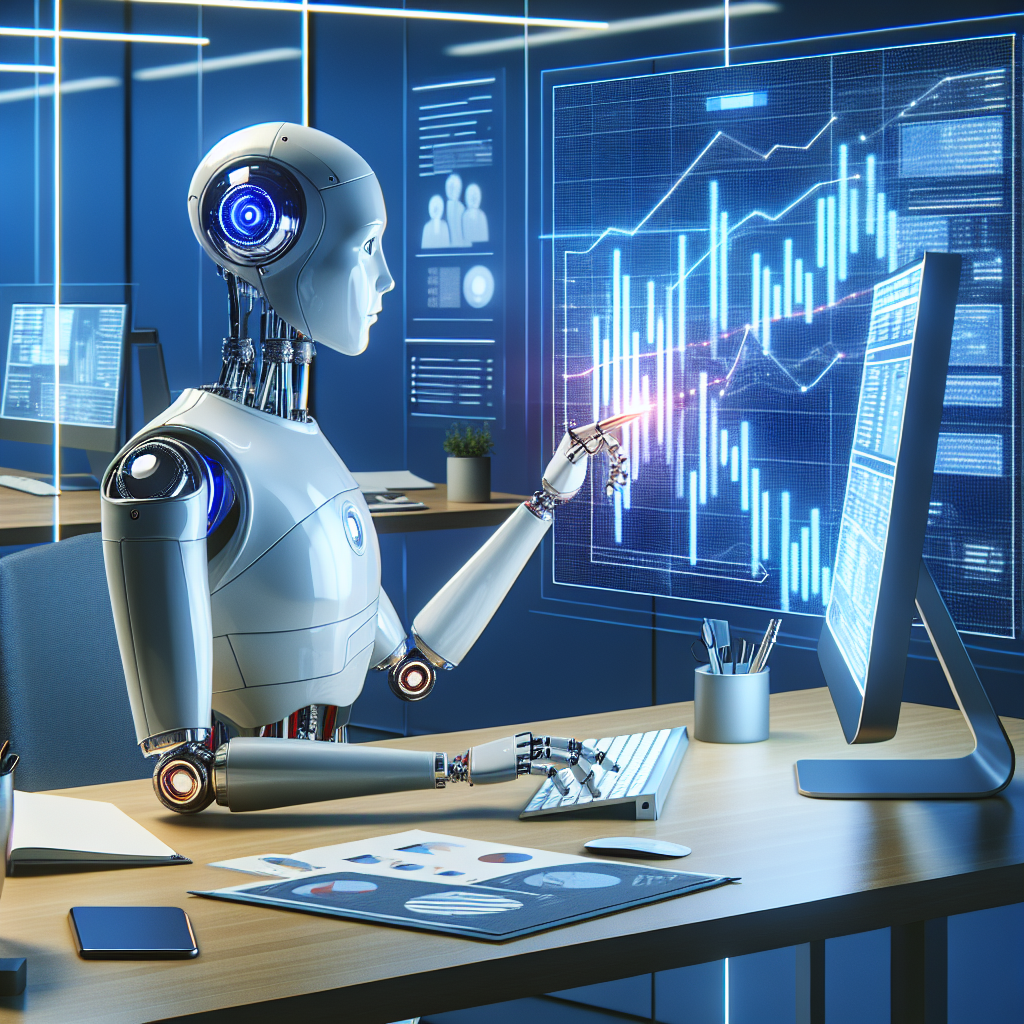Artificial General Intelligence (AGI) has been a topic of discussion in the tech world for many years now. AGI refers to a type of AI that can perform any intellectual task that a human can. This means that it can learn, understand, and apply knowledge to solve problems just like a human can. As AGI technology continues to evolve, many are wondering how it will impact the job market and the future of work.
Automation has already had a significant impact on the job market. Many routine and manual tasks have been automated, leading to the displacement of workers in certain industries. With the rise of AGI, the potential for automation to impact the job market even further is a growing concern for many.
In this article, we will explore how AGI in the workplace will impact the job market, what industries are most at risk, and what steps can be taken to prepare for this technological shift.
Impact of AGI on the Job Market
AGI has the potential to revolutionize the way we work. It can perform tasks that currently require human intelligence, such as decision-making, problem-solving, and creative thinking. This means that jobs that involve these types of tasks could be at risk of automation in the future.
Some industries that are particularly at risk of being disrupted by AGI include:
1. Manufacturing: AGI can be used to automate many tasks in the manufacturing industry, such as assembly line work and quality control. This could lead to job losses for workers in these roles.
2. Customer service: AGI-powered chatbots and virtual assistants are already being used to handle customer inquiries and support. As AGI technology improves, these roles could be fully automated, leading to job losses for customer service representatives.
3. Transportation: Self-driving vehicles powered by AGI technology are already being tested in various industries, such as ride-sharing and logistics. If these technologies are widely adopted, it could lead to job losses for drivers and delivery workers.
4. Healthcare: AGI can be used to analyze medical data, assist in diagnostics, and even perform surgeries. While this technology has the potential to improve patient outcomes, it could also lead to job losses for healthcare professionals.
While the potential for automation to impact the job market is significant, it is important to note that AGI is still in its early stages of development. It will likely be many years before AGI technology is advanced enough to fully automate many job roles. In the meantime, there are steps that can be taken to prepare for this technological shift.
Preparing for the Future of Work
As the impact of AGI on the job market becomes more apparent, it is important for individuals and organizations to prepare for the future of work. Here are some steps that can be taken to adapt to this technological shift:
1. Upskilling and reskilling: As automation and AGI technology continue to evolve, it is important for workers to develop new skills that are in demand in the digital economy. This could include learning how to work with AI and automation technologies, as well as developing skills in areas such as data analysis, cybersecurity, and programming.
2. Embracing lifelong learning: The pace of technological change is accelerating, which means that workers will need to continually update their skills and knowledge to stay relevant in the workforce. Lifelong learning programs and resources can help individuals stay ahead of the curve and adapt to new technologies as they emerge.
3. Fostering creativity and innovation: While AGI technology can automate many routine tasks, it cannot replace human creativity and innovation. Organizations that foster a culture of creativity and innovation will be better equipped to adapt to technological change and stay ahead of the competition.
4. Redefining job roles: As automation and AGI technology continue to evolve, some job roles may become obsolete while new roles emerge. Organizations should be prepared to redefine job roles and responsibilities to align with the capabilities of new technologies.
FAQs
Q: Will AGI technology lead to mass unemployment?
A: While AGI technology has the potential to automate many job roles, it is unlikely to lead to mass unemployment. Instead, it is more likely to lead to a shift in the types of jobs available, with new roles emerging in areas such as AI development, data analysis, and cybersecurity.
Q: How can workers prepare for the impact of AGI on the job market?
A: Workers can prepare for the impact of AGI on the job market by upskilling and reskilling, embracing lifelong learning, fostering creativity and innovation, and redefining job roles to align with the capabilities of new technologies.
Q: How can organizations adapt to the impact of AGI on the job market?
A: Organizations can adapt to the impact of AGI on the job market by investing in training and development programs for employees, fostering a culture of creativity and innovation, and redefining job roles to align with the capabilities of new technologies.
In conclusion, AGI technology has the potential to revolutionize the way we work, with the potential to automate many job roles in the future. While the impact of AGI on the job market is still uncertain, it is important for individuals and organizations to prepare for this technological shift by upskilling and reskilling, embracing lifelong learning, fostering creativity and innovation, and redefining job roles to align with the capabilities of new technologies. By taking these steps, we can adapt to the future of work and thrive in the digital economy.

